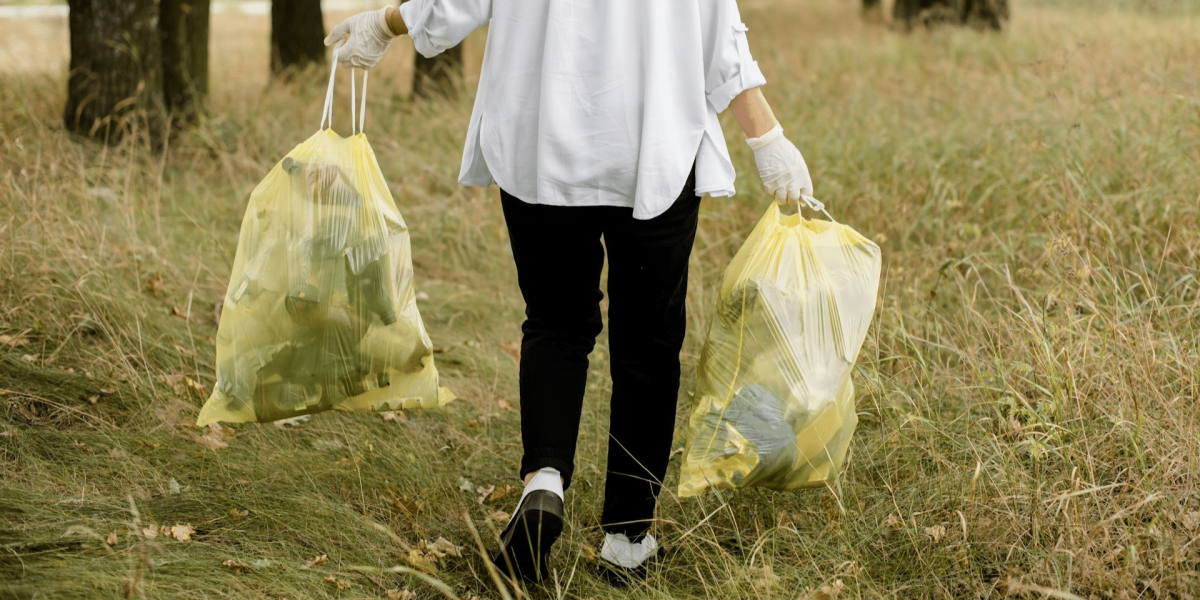Littering poses significant environmental and aesthetic challenges, particularly in natural areas such as forests. The Portland forest, known for its lush greenery and diverse wildlife, is no exception. To protect these valuable ecosystems, various policies and regulations have been put in place to address littering. This article explores the policies surrounding littering in the Portland forest, their enforcement, and the impact on the environment.
Understanding Littering Policies in Portland Forest
The city of Portland has implemented specific regulations to combat littering in its forests and parks. These regulations are part of broader environmental protection policies aimed at preserving natural habitats and maintaining the beauty of public spaces. Local ordinances typically prohibit the disposal of any waste materials, including paper, plastics, and organic waste, outside designated disposal areas.
In addition to local regulations, state laws in Oregon play a crucial role in addressing littering. The Oregon Department of Environmental Quality (DEQ) enforces state-wide littering laws that apply to all public lands, including forests. Violating these laws can result in fines and other penalties, emphasizing the importance of maintaining clean and litter-free natural environments.
Enforcement of Littering Policies
One of the primary methods of enforcing littering policies in the Portland forest is through ranger patrols and surveillance. Park rangers regularly monitor the forest areas to ensure compliance with littering regulations. They are authorized to issue fines and citations to individuals caught littering. Surveillance cameras are also installed in some areas to deter potential litterers and provide evidence for enforcement actions.
Community involvement is a critical aspect of enforcing littering policies. Volunteer groups and environmental organizations often participate in cleanup events and educational campaigns to raise awareness about the impact of littering. These initiatives help foster a sense of responsibility among residents and visitors, encouraging them to respect the natural environment.
Impact of Littering on the Portland Forest
Littering has severe environmental consequences for the Portland forest. Trash can harm wildlife, as animals may ingest or become entangled in waste materials. Litter can also pollute soil and water sources, disrupting the delicate balance of the ecosystem. By enforcing strict littering policies, Portland aims to mitigate these negative impacts and protect its forests’ biodiversity.
Littering not only harms the environment but also detracts from the natural beauty of the forest. Visitors to the Portland forest expect a clean and pristine environment for recreation and relaxation. Litter can significantly diminish the visitor experience, leading to decreased tourism and recreational use. Maintaining clean forests is essential for preserving their aesthetic value and ensuring they remain inviting spaces for everyone.
Strategies for Reducing Littering
Public education is a crucial strategy for reducing littering in the Portland forest. Educational campaigns can inform residents and visitors about the environmental and legal implications of littering. Schools, community centers, and online platforms can be used to disseminate information and promote responsible behavior.
Ensuring that adequate waste disposal facilities are available in and around the Portland forest is essential for preventing littering. Strategically placed trash bins and recycling stations make it convenient for visitors to dispose of their waste properly. Regular maintenance and timely emptying of these facilities are also crucial to prevent overflow and discourage littering.
Volunteer programs can significantly contribute to keeping the Portland forest clean. Organizing regular cleanup events and involving local communities in conservation efforts can help reduce litter and promote environmental stewardship. Recognizing and rewarding volunteers can further motivate community participation.
Challenges in Implementing Littering Policies
One of the main challenges in implementing littering policies is the limitation of resources. Ensuring continuous patrols, surveillance, and maintenance of waste disposal facilities requires funding and manpower. Budget constraints can affect the effectiveness of these measures, making it difficult to maintain litter-free environments consistently.
Achieving public compliance with littering policies can be challenging. Despite awareness campaigns and enforcement efforts, some individuals may continue to litter due to a lack of concern or understanding of the impact. Changing public attitudes and behaviors towards littering requires ongoing education and community engagement.
Littering in the Portland forest is addressed through a combination of local regulations, state laws, and community involvement. Enforcement efforts, including ranger patrols and public education campaigns, play a vital role in maintaining clean and healthy forest environments. While challenges such as resource limitations and public compliance exist, continuous efforts to educate and engage the community can significantly reduce littering. By adhering to these policies and promoting responsible behavior, we can ensure the preservation of the Portland forest for future generations.








